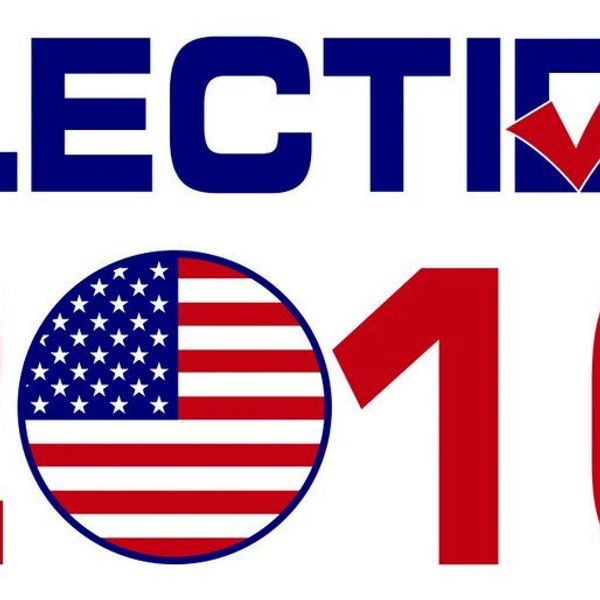There was an illusion in this country throughout the 2016 Presidential election that Americans had come to a consensus on trade. The illusion was that we had decided as a country that free trade was bad for America and that we must renegotiate, if not withdraw from Free Trade Agreements such as NAFTA and CAFTA and prevent agreements such as TPP from being implemented. Why would this be incorrect? It was the first Presidential Election in over 100 years in which both candidates were opposed to Free Trade as a principle. Surely, the American people had come to a consensus?
No. For starters, voters were evenly split on whether Free Trade Agreements are good for America. According to Pew Research, 45% said that they were a good thing and 47% said that they were a bad thing with 8% of voters saying they didn’t know. On whether TPP was good for America, the numbers were again split with 39% of Americans saying it was bad, 37% saying it was good and 24% saying they didn’t know. Those numbers do not show a national consensus on trade, but rather the need for a national debate on trade.
So why is trade a good thing? There are many reasons. One is that economists overwhelmingly support Free Trade. A 2012 survey showed that 85% of economists support Free Trade. Economists usually support Free Trade because of the principle of Comparative Advantage. Comparative Advantage is the idea that countries should produce more of what they can produce efficiently and shy away from producing what they produce less efficiently. For example, imagine that there are two countries that can each produce Apples and Bananas. If Country A can produce Apples more efficiently than Country B and Country B can produce Bananas more efficiently than Country A, then Country A should grow Apples and Country B should grow Bananas. The two countries should lower tariffs on both kinds of fruit and import what they are bad at producing and export what they are good at producing.
The principle works and is responsible for the massive growth in the American economy that we have all enjoyed since the end of World War Two. So why are people not on board? Part of the problem is what happens to the people who grow Bananas in Country A or the people who grow Apples in Country B? These people often lose their jobs because of free trade and the cheap imports that enter the country from lower tariffs. This is unfortunate and was highlighted in the 2016 election, with both candidates resorting to populist appeals to people who were dissatisfied over trade.
What would happen if Free Trade went away? This is a question that many Americans are asking themselves now. President-elect Donald Trump has made it clear that he will withdraw America from TPP and will also seek to negotiate new Free Trade Agreements. Two things would happen to Americans if free trade went away. 1) Prices for Everything would go up. 2) People could lose jobs as our export markets close. We import a lot as a country. If tariffs were reintroduced, then the price of clothing would go up, the iPhones would go up, everything would get a lot more expensive because of the tariffs that people would have to pay for. Protectionists would argue that we should build more products in this country, but the United States has a higher standard of living and some resources that are needed to build products that we use (like Bauxite for iPhones) can’t even be found in the United States. This would be problematic for anyone who ever wanted to buy a new iPhone.
People could also lose jobs if our export markets closed. The top two export markets for the United States are Canada and Mexico. This is largely because of NAFTA. President-elect Trump has indicated his displeasure with NAFTA and may try to withdraw the United States from it. This means that the top two countries in the entire world where American products are sold would be free to reintroduce tariffs on those products. This would lead to fewer products being sold and, in all likelihood, American jobs being lost. This would be much worse than the jobs that we have lost as of now from trade, because these jobs would be lost in industries that the United States excels at.
The trade debate is really an argument about what kind of country we want to be. Are we going to be the country that we have been thus far? The America that works with, trades with and leads other countries? Or are we going to close are borders and our minds to the rest of the world and shut down our economy in the process? That is the question that we all face every day, because the answer will impact all of us.





















